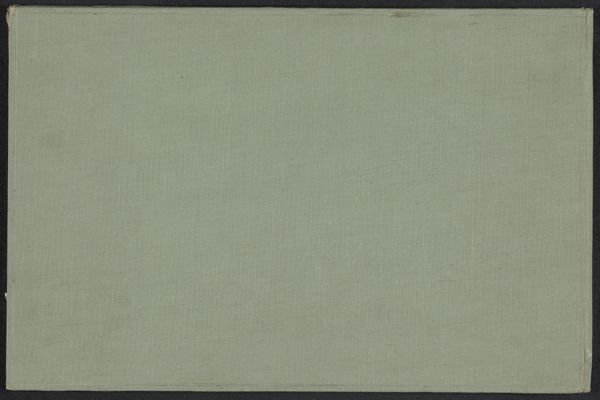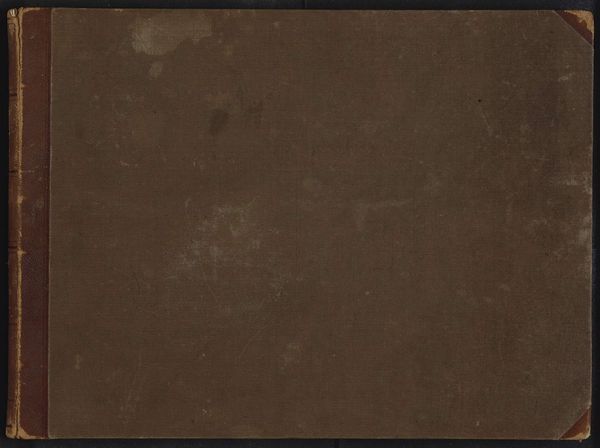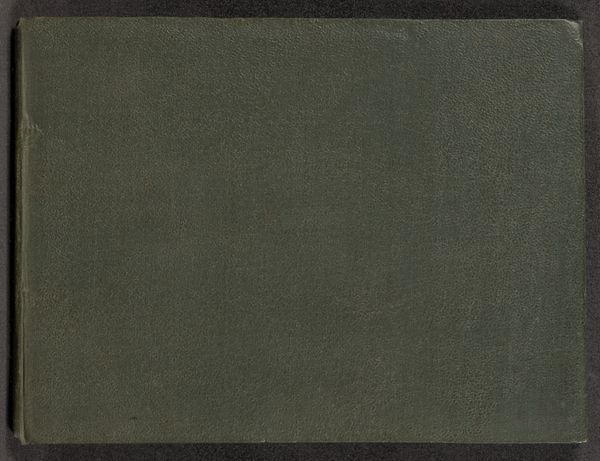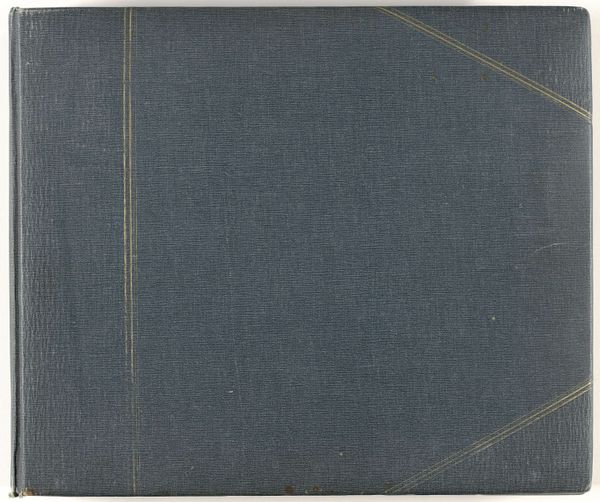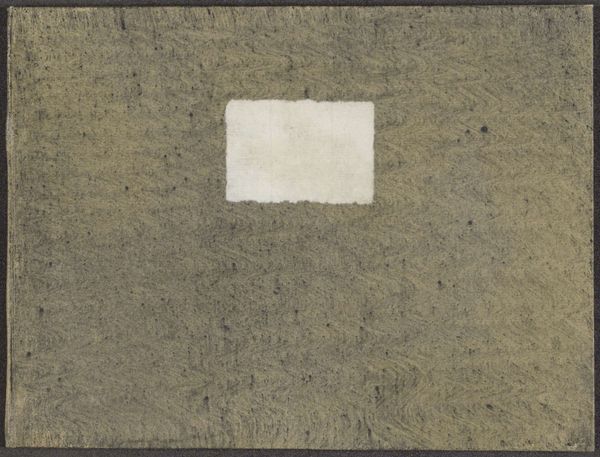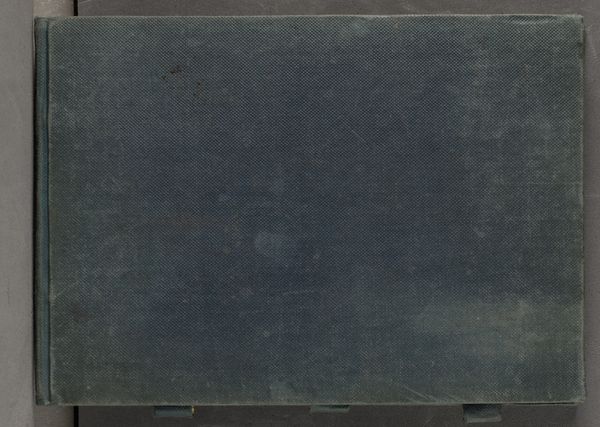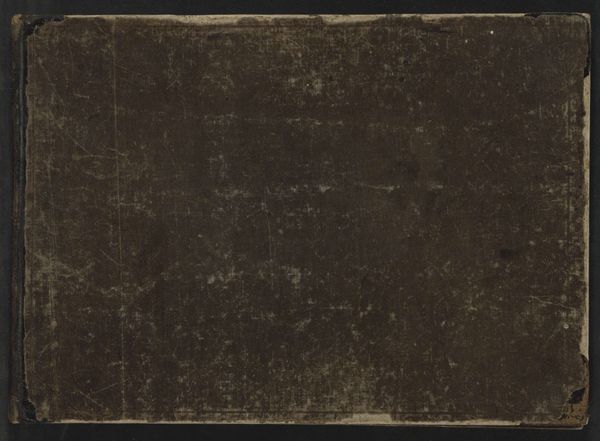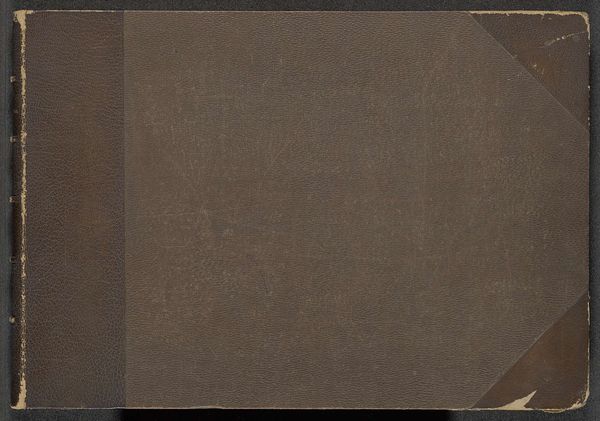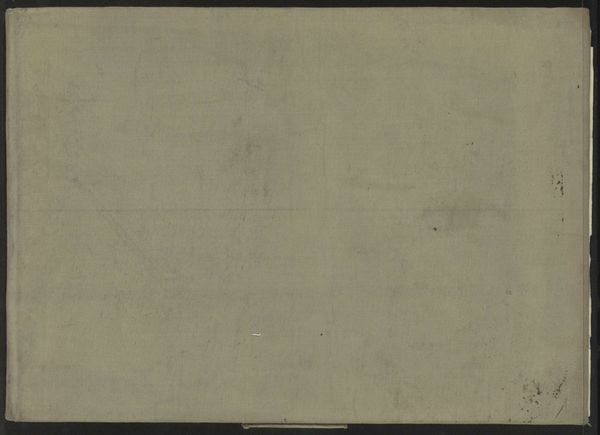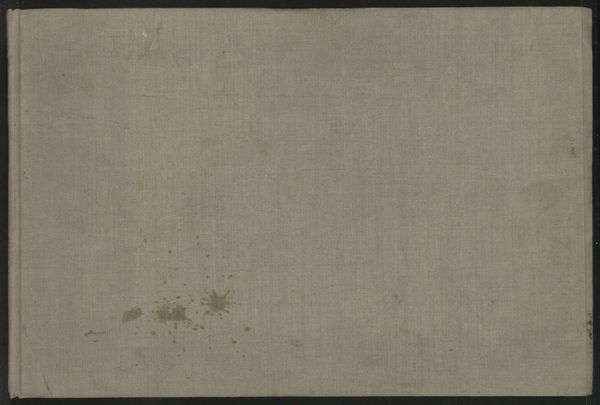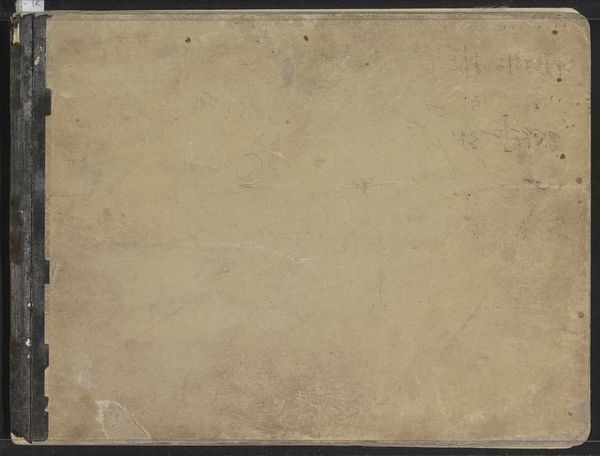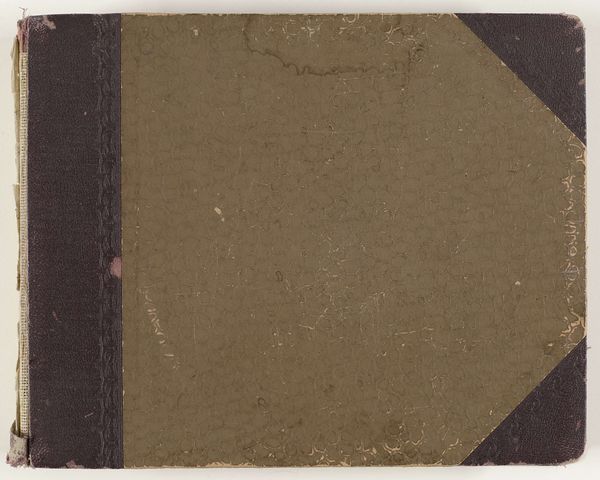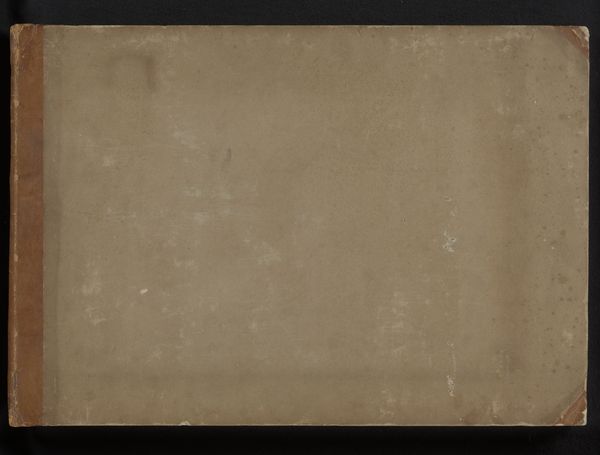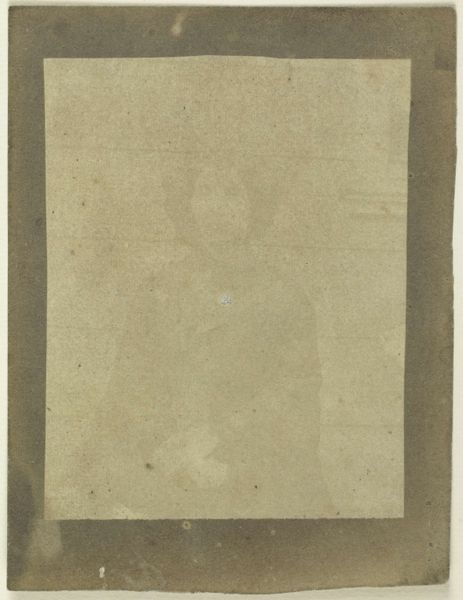
drawing, paper, pencil
#
drawing
#
toned paper
#
muted colour palette
#
dutch-golden-age
#
worn
#
sculpture
#
paper
#
grainy texture
#
romanticism
#
pencil
#
muted colour
Dimensions: height 417 mm, width 548 mm, thickness 23 mm, width 1092 mm
Copyright: Rijks Museum: Open Domain
This is a sketchbook with 46 pages, made by Albertus van Beest, sometime between 1820 and 1860. At first glance, a sketchbook might appear to be a very personal object, and indeed, it provides a window into the artistic process. But sketchbooks are also shaped by the social and institutional contexts of their time. Van Beest was a Dutch artist, living at a time when the Netherlands was undergoing significant social and economic changes. The rise of industrialization and urbanization led to new forms of artistic expression and new ways of thinking about the role of art in society. Artists began to explore new subjects and styles, often challenging traditional notions of beauty and representation. Institutions such as the Rijksmuseum played a crucial role in shaping artistic tastes. To fully understand this sketchbook, we might turn to archival documents such as letters, diaries, and exhibition catalogues. These resources can provide insights into the artist's life, the social and cultural context in which he worked, and the reception of his art. The meaning of art is always contingent on its social and institutional context.
Comments
No comments
Be the first to comment and join the conversation on the ultimate creative platform.
